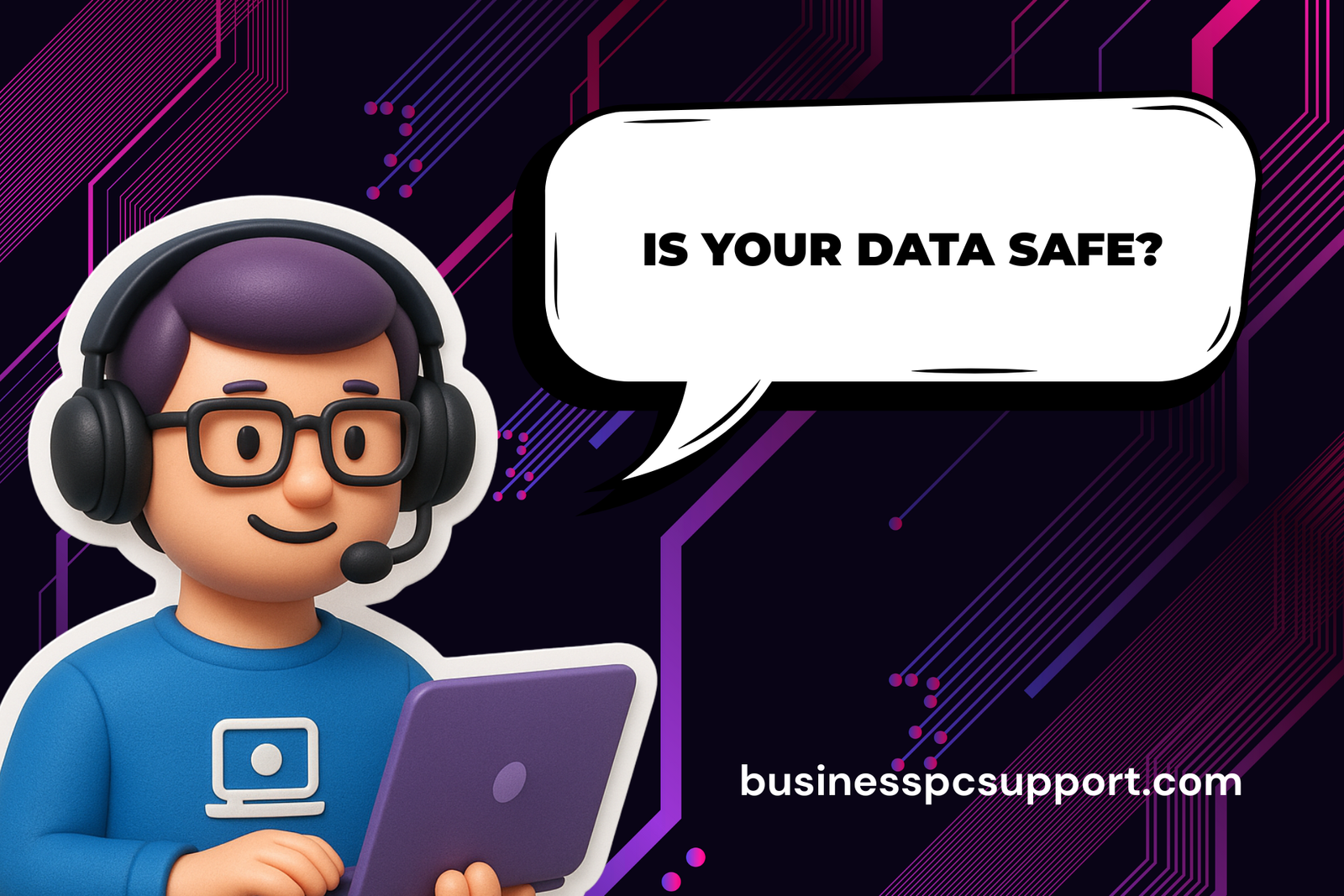Is Your Data Safe? What to Delete in Social Media to Protect Your Privacy
In today’s digital world, social media is a constant presence in our lives. From sharing photos to staying in touch with loved ones, these platforms allow us to connect and share our stories. But with all the benefits, the question remains: Is your data safe?
Whether you’re posting photos from your latest vacation, engaging with friends, or simply sharing your thoughts, social media platforms store a wealth of personal information. Unfortunately, this also makes us vulnerable to security threats like identity theft, hacking, and data breaches. To stay safe, it’s essential to regularly assess and manage what you post and store on social media.
Here’s how to protect your privacy by knowing what to delete on social media.
Table of contents
1. Delete Old Posts and Photos: Clean Up Your Profile
One of the easiest ways to enhance your social media security is to delete outdated posts and photos that no longer represent you. These may include personal information, location details, or embarrassing images you no longer want associated with your online presence.
What to Delete:
- Photos containing personal details (e.g., home address, phone numbers)
- Pictures that reveal daily routines (e.g., places you frequent, work details)
- Outdated posts or status updates
Why It Matters: Even if your profile is set to private, some posts might still be accessible to unauthorized users. Social media platforms frequently update their privacy policies, meaning that older content might not be as private as it once was.
2. Delete Location Check-ins: Protect Your Privacy
Sharing your location in real-time may be fun, but it could compromise your privacy and security. Constantly tagging your location, especially home or work addresses, can expose you to potential threats.
What to Delete:
- Real-time location check-ins (especially your home or office)
- Tagged locations like airports or hotels when traveling
- Any public check-ins
Why It Matters: Frequent location updates can make it easier for others to track your movements, and your security could be at risk. It’s best to share your location selectively and avoid revealing sensitive spots like your home address.
3. Remove Suspicious or Unnecessary Contacts
Your friend list is a reflection of who you interact with on social media. Review your connections regularly to ensure you’re not sharing personal information with people you no longer trust or interact with.
What to Delete:
- People you no longer know or interact with
- Accounts that look fake or suspicious
- People who might have access to sensitive information or don’t respect your privacy
Why It Matters: Keeping your friend list clean ensures that you don’t accidentally expose your data to unwanted individuals or malicious accounts.
4. Clear Out Old Messages: Maintain Confidentiality
Private messages often contain sensitive information like personal details, passwords, or private conversations. Regularly cleaning out your message inbox can help secure your private data.
What to Delete:
- Old conversations with sensitive information (e.g., passwords, bank info)
- Messages from unknown or suspicious sources
- Conversations with individuals you no longer communicate with
Why It Matters: Messages can be stored indefinitely by social media platforms, leaving your data vulnerable. By deleting old and unnecessary messages, you reduce the chances of sensitive information falling into the wrong hands.
5. Review and Remove Third-Party App Permissions: Limit Data Sharing
Many social media users link their accounts to third-party apps for ease of use. However, not all of these apps maintain the same security standards, and some might access more of your personal data than necessary.
What to Delete:
- Unused third-party apps that still have access to your social media accounts
- Apps that request unnecessary permissions (e.g., location data, contacts)
- Old app permissions that could compromise your privacy
Why It Matters: By removing untrusted apps and limiting permissions, you can ensure that only apps you use and trust have access to your social media data.
6. Delete Public Posts and Comments: Protect Your Reputation
We often forget that anything posted publicly on social media is potentially accessible to everyone. Deleting old posts, comments, or interactions that no longer reflect your opinions or could harm your reputation is a wise move.
What to Delete:
- Public posts that may no longer reflect your beliefs
- Comments that are controversial or could be misinterpreted
- Any posts that you no longer feel comfortable with
Why It Matters: Although you may delete posts, they might still exist on the internet in archived pages or search engines. Regularly cleaning up your public posts helps protect your reputation and ensures your digital footprint aligns with your current values.
7. Remove Sensitive Personal Information: Limit Exposure
One of the simplest ways to improve your social media security is by limiting the amount of personal information you share. Your full name, phone number, email address, and even your birthdate can be valuable information for hackers.
What to Delete:
- Personal contact details (e.g., phone numbers, email addresses)
- Full birthdates (just the month and day can be enough)
- Address or other identifiable information
Why It Matters: The more personal information you share, the higher the chances of becoming a target for identity theft or other forms of cybercrime. Be cautious about what you reveal and keep sensitive details private.
Conclusion: Is Your Data Safe?
Social media platforms offer great opportunities for connection, but they also expose you to various privacy risks. To protect your data and maintain your online safety, it’s crucial to manage and review the content you share regularly.
By deleting outdated posts, limiting sensitive information, and reviewing permissions, you can better safeguard your personal data. Remember, what you post today could have long-term implications for your online security, so take a moment to clean up your profiles and protect your privacy.
Stay mindful of what you share, and ensure your data is safe in today’s interconnected world.




Comments are closed